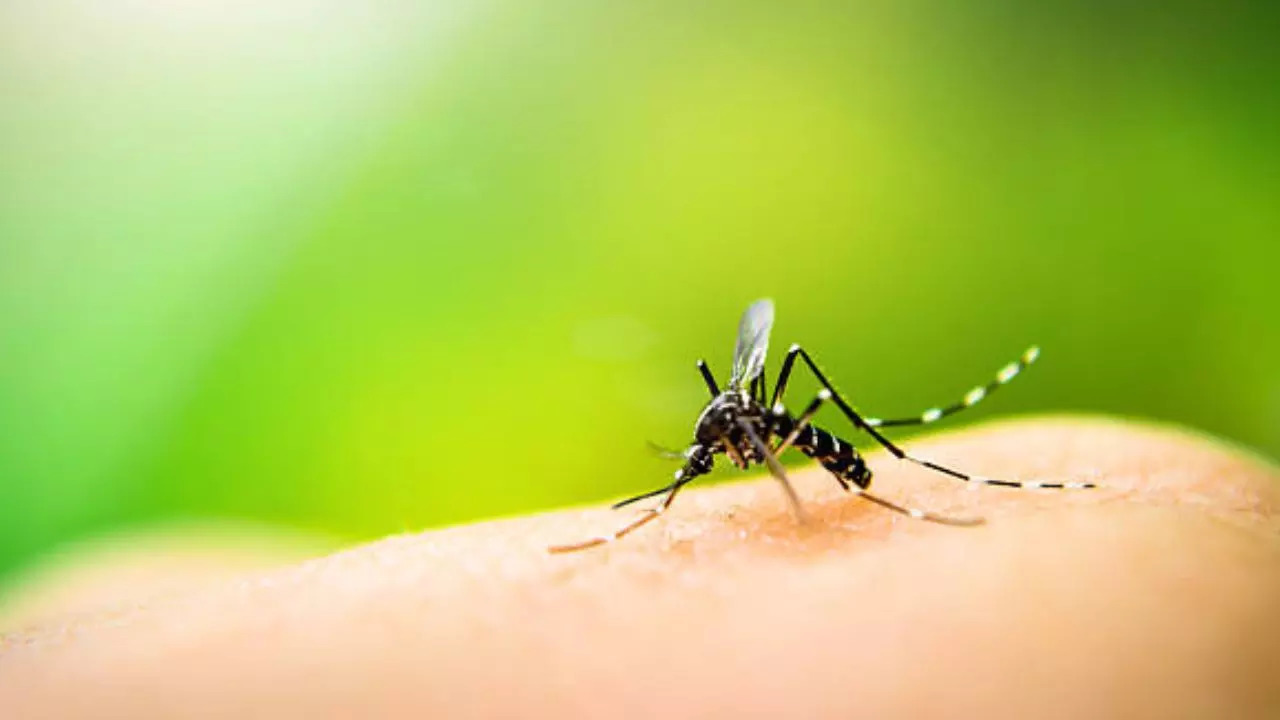The World Health Organization (WHO) has launched an urgent global initiative to address the growing threat posed by dengue and other deadly arboviruses, which have impacted millions worldwide and placed billions more at risk. This plan, unveiled on October 3, marks a significant step toward combatting the alarming rise of diseases transmitted by mosquitoes, ticks, and other arthropods, which are spreading rapidly due to various global factors. Dr Tedros Adhanom Ghebreyesus, Director-General of the WHO, emphasized the pressing need for a coordinated, cross-border response to contain these diseases.
“The rapid spread of dengue and other arboviral diseases in recent years is an alarming trend that demands a coordinated response across sectors and borders,” he said during the launch. What Are Arboviruses?Arboviruses are viruses transmitted to humans through the bites of arthropods, such as mosquitoes, ticks, crustaceans, insects, and arachnids. Among these, dengue has emerged as the most serious and widespread arbovirus.
According to WHO data, the number of dengue cases has nearly doubled annually since 2021. As of August 2024, over 12.3 million cases have been recorded globally, with more than 6,000 resulting in fatalities.
The new WHO initiative aims to curb this surge by implementing measures that will protect vulnerable populations and lay the groundwork for a healthier future. Tedros mentioned that everyone plays a role in controlling dengue—from maintaining clean envi.


















